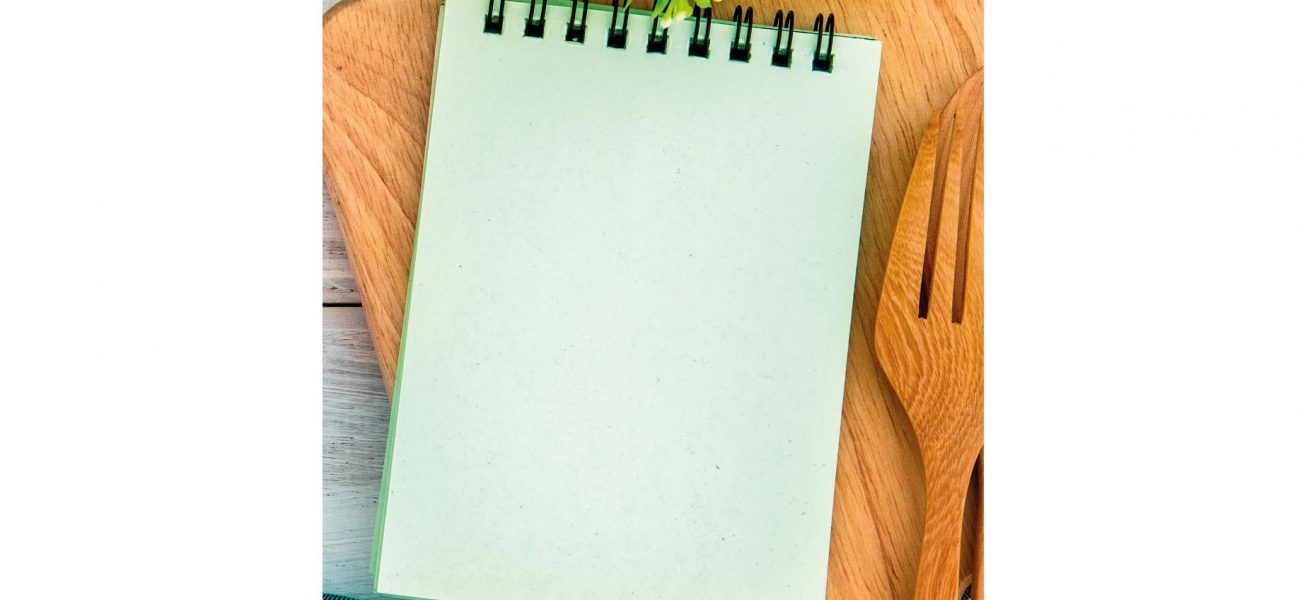Beating yourself up about broken resolutions? Don’t. Healthier habits are reached by small steps, discovers Anna Blewett
We assume that if we want to make big changes to our health we have to suffer,” says behaviour change specialist Dr Heather McKee (drheathermckee.co.uk). “Willpower is like a muscle: if you over train it, it becomes fatigued and you end up unable to exercise it at all.” But, says Heather, failed resolutions needn’t leave you back at square one. “Adopting healthy habits needs to be gradual in order for it to be sustainable. Progress is achieved through consistent, small, but positive, changes.” Ready to cherry-pick some little changes? Let’s go…
1. Skipping the gym? Try… Sitting less
There’s nothing more delicious than falling into a chair after a long stint on your feet, but anything over three hours a day is considered unhelpful. Prolonged inactivity is associated with increased blood pressure, raised blood-sugar, weight gain and more. “Even if you spend 30 minutes doing moderate exercise every day, this good work can be undone by then sitting at a desk for seven or eight hours,” says Stuart Roberts, author of Get Strong, Get Fit, Get Happy (£14.99, HashtagPress). “The good news is that research shows modifying our routine to reduce the time we spend sitting down can reverse many, if not all, of the degenerative effects and it’s never too late to make a start.”
- Set an alarm to remind you to stand up or walk around for 10 minutes in every hour spent driving, at a desk, or in front of the TV.
- Risk assess your working day, swapping to a standing desk and avoid lengthy meetings around a table.
- Introduce gentle activity into your evenings, reducing time spent vegged-out in front of a screen.
2. Off the wagon? Try… A stint of abstinence
Notch up more drink-free days with the ‘WOOP’ technique from broadcaster Janey Lee Grace, presenter of the Alcohol Free Life podcast and host of thesoberclub.co.uk. “It stands for Wish, Outcome, Obstacle and Plan,” she explains.
1. Write down your wish – a feasible goal, for example to quit drinking for 30 days.
2. Think of the outcome you want – maybe to sleep better, get more clarity, save money – then really visualise it!
3. Consider the likely obstacles that’ll get in the way; friends who drink a lot? A curry night where there’s always wine?
4. Put a plan in place to ensure you complete your wish. Text friends in advance to say you’re not drinking; call the restaurant to ask about alcoholfree drinks, or take your own.
3. Self-care stalling? Try… Ring-fencing free time
“How many hats do you wear?” asks life coach Roo Davies (themojo.coach). “Parent, friend, volunteer, mentor, manager, carer… the list is endless. Looking a little deeper into how you spend your time is a powerful first step in re-claiming some time back for you.”
1. List the different roles you take on across all areas of your life, in a typical day, week and month. Include hidden ones, like extra responsibilities at work or home.
2. Consider which of these ‘hats’ you wear the most and record it as a pie chart of your total time. Add a tick, cross or a smiley, neutral or sad face to indicate how you feel about each role.
3. The million-dollar question: do any of these ‘hats’ just bear your name? Do you spend time working on yourself, investing time and energy into you? Start work on devoting that role to a bigger piece of the pie.
4. Diet hit the buffers? Try… Eating mindfully
Fighting your appetite? Try listening to your body, says mindfulness author and teacher Neil Seligman (neilseligman.com). “In spiritual terms, we all reside in a permanent state of perfection,” says Neil. “We are already complete, just as we are. There is absolutely nothing to improve upon. When we forget this and create resolutions with the intention of selfimprovement, our commitments tend to be underpinned by our own negative judgments and laced with self-rejection!” Neil suggests we tune in to our needs. “Your body gives you subtle feedback all day long. It tells you when you’re tired, whether you actually want to eat that cake, if you are thirsty. If you’re attuned to ignoring these cues, commit to listening and responding to your body more often this year and see what happens.”
5. Broke your digital detox? Try…WHittling down screen time
Yes, celebs tell us that binning their iPhone is the best thing they ever did – but if you don’t have a PA to keep life on track it’s nigh impossible to banish mobile devices entirely. Instead, regularly switch to aeroplane mode to reduce unwanted interruptions. Rose La Prairie, head of digital wellbeing at Google, sees small steps as the way forward. “We see a lot of people who aim to put devices down for dinner and I think we’ll only see more of that. When I don’t need to be anywhere at a particular time, that’s when I can fall into a scrolling vortex and lose track of time. I aim to jump out of bed on Saturday mornings and walk my dog!”
6. Decluttering gone awry? Try… Circulating energy
It’s not easy to live by Marie Kondo’s maxim to only retain possessions that ‘spark joy’, but decluttering can be a journey rather than a destination. “Practically speaking, this means recycle, repurpose, gift or throw stuff away,” says Neil. “Clothes, photographs, files, papers, books, ornaments, cutlery, utensils, the lot! Ask yourself: ‘what percentage of the things that I own or control have a current purpose?’ Then commit to increasing your percentage by a set amount this year.”
7. Work stress back? Try…Talking about it
“Many of us resolve to leave work on time, or make sure we don’t take work home with us,” points out Jill Mead of mental health in the workplace advocates TalkOut (talkout.org.uk) “But in reality, depending on what’s going on at work, that can actually make you feel more anxious.” Instead, Jill recommends acknowledging your emotions. “Recognise that you feel overwhelmed. Actually be a bit kinder to yourself, and start talking to people about those feelings.”





















